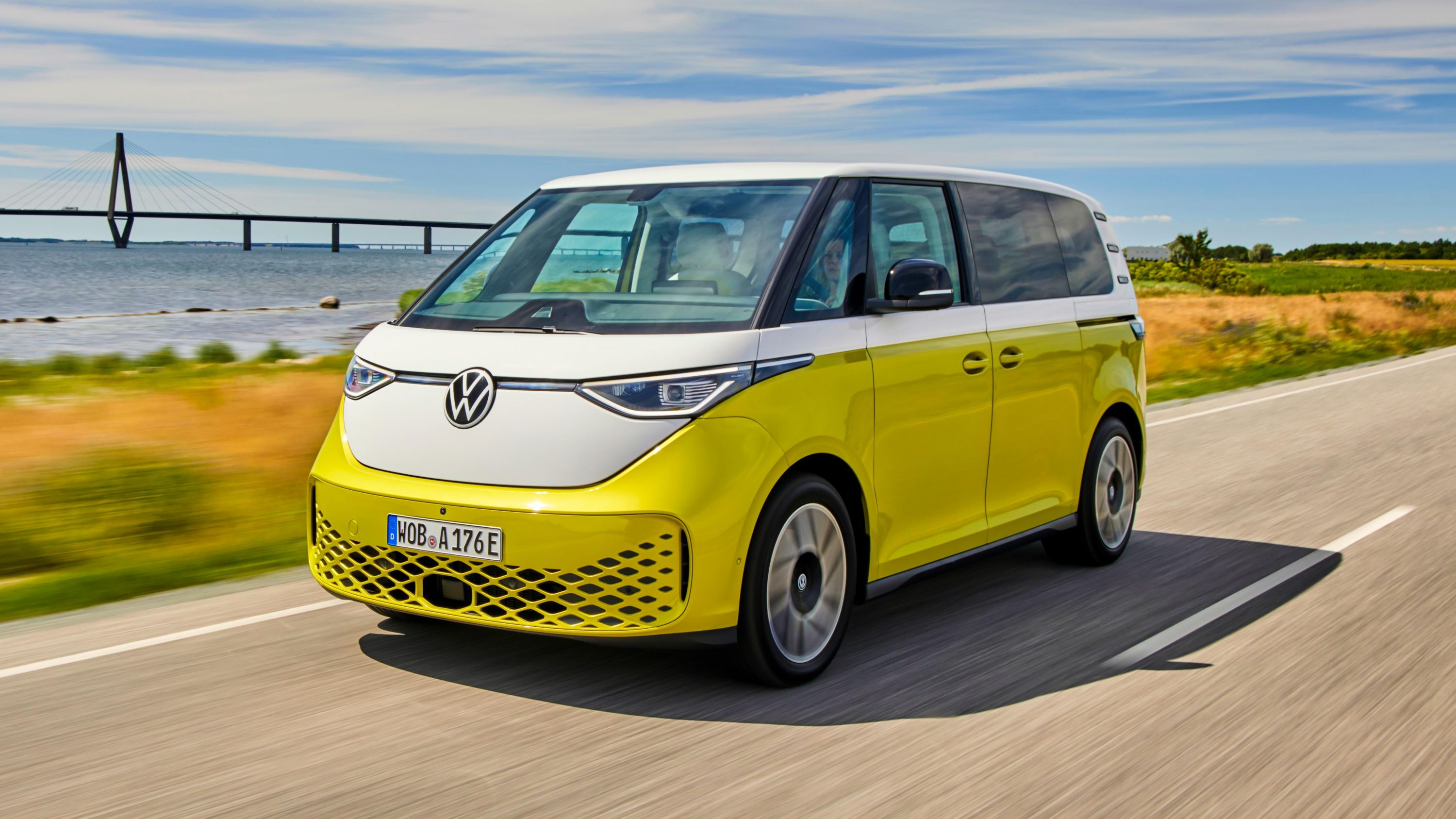html VW Passat 1.4 TSI EcoFuel 2010: Bargain or Headache? VW Passat 1.4 TSI EcoFuel 2010: Is THIS Fuel-Sipping Legend Still a Bargain or a Headache? (You NEED to Know!) The 2010 Volkswagen Passat 1.4 TSI EcoFuel, a car that promised both impressive fuel economy and a greener footprint, still holds a certain allure for budget-conscious buyers and eco-minded drivers. But over a decade on, is this gas-powered/natural gas hybrid a smart purchase, or a potential source of costly headaches? This article dives deep into the 2010 Passat 1.4 TSI EcoFuel, examining its performance, reliability, running costs, and overall value proposition to help you make an informed decision. Understanding the VW Passat 1.4 TSI EcoFuel The 2010 Passat EcoFuel was a brave step for Volkswagen. It was a dual-fuel vehicle, meaning it could run on both gasoline and compressed natural gas (CNG). This offered drivers the flexibility to choose the most economical fuel source available and contributed to reduced emissions. The 1.4-liter TSI engine, known for its turbocharging and direct injection, provided a reasonable balance of power and efficiency. Key Features and Specifications Engine: 1.4-liter TSI petrol engine with CNG capability. Fuel: Gasoline and Compressed Natural Gas (CNG). Power: Around 150 bhp (depending on the specific model). Transmission: Typically a manual or DSG (Direct-Shift Gearbox) automatic. Fuel Economy: Impressive figures for the time, especially when running on CNG. Emissions: Lower CO2 emissions compared to gasoline-only counterparts. Performance and Driving Experience The 1.4 TSI engine provided adequate performance for everyday driving. Acceleration wasn't blistering, but the car felt responsive and capable in urban environments and on the open road. The DSG transmission, when functioning correctly, offered smooth and quick gear changes, enhancing the driving experience. However, it's important to note that the CNG tanks added weight, which could slightly impact acceleration and handling compared to a standard gasoline Passat. Real-world example: Some owners reported a noticeable difference in acceleration when switching between gasoline and CNG, with the latter sometimes feeling slightly less peppy. This is often due to differences in fuel properties. Reliability: The Elephant in the Room Reliability is arguably the most significant concern when considering a used 2010 Passat EcoFuel. The 1.4 TSI engine, while generally praised for its fuel efficiency, is known for some potential issues, including: Timing chain problems: A common issue that can lead to significant engine damage if not addressed promptly. [Insert link to a reputable source on VW 1.4 TSI timing chain issues, e.g., a forum discussing the problem.] Carbon buildup: Direct injection engines are prone to carbon buildup on the intake valves, potentially affecting performance. DSG transmission issues: The DSG gearbox can be prone to mechatronics unit failures, which can be expensive to repair. CNG system maintenance: The CNG system requires regular servicing and inspection, which can be more specialized and potentially expensive than gasoline car maintenance. Case study: A survey of Passat EcoFuel owners on online forums revealed that a significant percentage had experienced timing chain failures. This data underscores the importance of thorough pre-purchase inspections and regular maintenance. Running Costs: Beyond Fuel Efficiency While the promise of lower fuel costs with CNG is attractive, it's essential to consider the overall running costs. These include: Fuel costs: CNG is often cheaper than gasoline, but availability can be a limiting factor. [Insert link to a website comparing gasoline and CNG prices in your target market.] CNG tank inspection and maintenance: Regular inspections and potential replacements of CNG tanks are crucial for safety and can add to the running costs. Specialized servicing: Finding mechanics experienced with CNG systems can be challenging and potentially more expensive. Insurance: Insurance premiums might be slightly higher due to the car's unique fuel system. Potential for repairs: As mentioned earlier, potential engine and transmission issues can lead to significant repair bills. Is the 2010 VW Passat 1.4 TSI EcoFuel a Good Buy? The answer is nuanced. The 2010 Passat EcoFuel offers undeniable advantages, including fuel efficiency and a more environmentally friendly operation. However, the potential for reliability issues, particularly with the engine and DSG transmission, and the specialized maintenance requirements of the CNG system, present significant risks. Consider These Factors Before Buying: History: Get a thorough service history and ideally a pre-purchase inspection from a qualified mechanic, specializing in VW vehicles. CNG Availability: Ensure there are CNG filling stations within a convenient distance. Budget: Factor in potential repair costs when setting your budget. Alternatives: Consider other fuel-efficient cars in the same price range. [Insert link to a relevant article comparing fuel-efficient cars.] Conclusion: Weighing the Risks and Rewards The 2010 VW Passat 1.4 TSI EcoFuel can be a rewarding car for those who prioritize fuel economy and environmental consciousness. However, potential buyers must be fully aware of the risks associated with its reliability and the specialized maintenance requirements of its CNG system. A well-maintained example with a documented service history and access to reliable CNG infrastructure could still be a bargain. But proceed with caution, and always prioritize a thorough inspection before committing to a purchase. Thorough research and a realistic assessment of potential costs are crucial to avoid turning this fuel-sipping legend into a costly headache.
Vw Passat 1.4 Tsi Ecofuel 2010: Is This Fuel Sipping Legend Still A Bargain Or A Headache? (You Need To Know!)
```html VW Passat 1.4 TSI EcoFuel 2010: Bargain or Headache? VW Passat 1.4 TSI EcoFuel 2010: Is THIS Fuel-Sipping Legend Still a Bargain or a...




